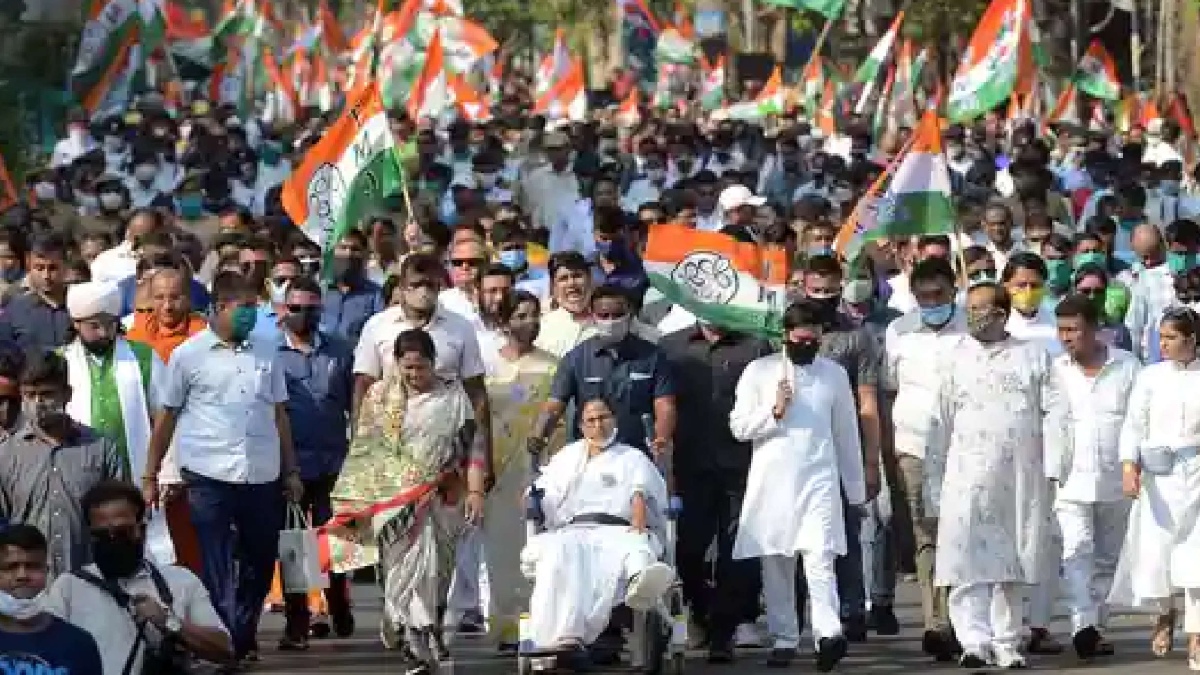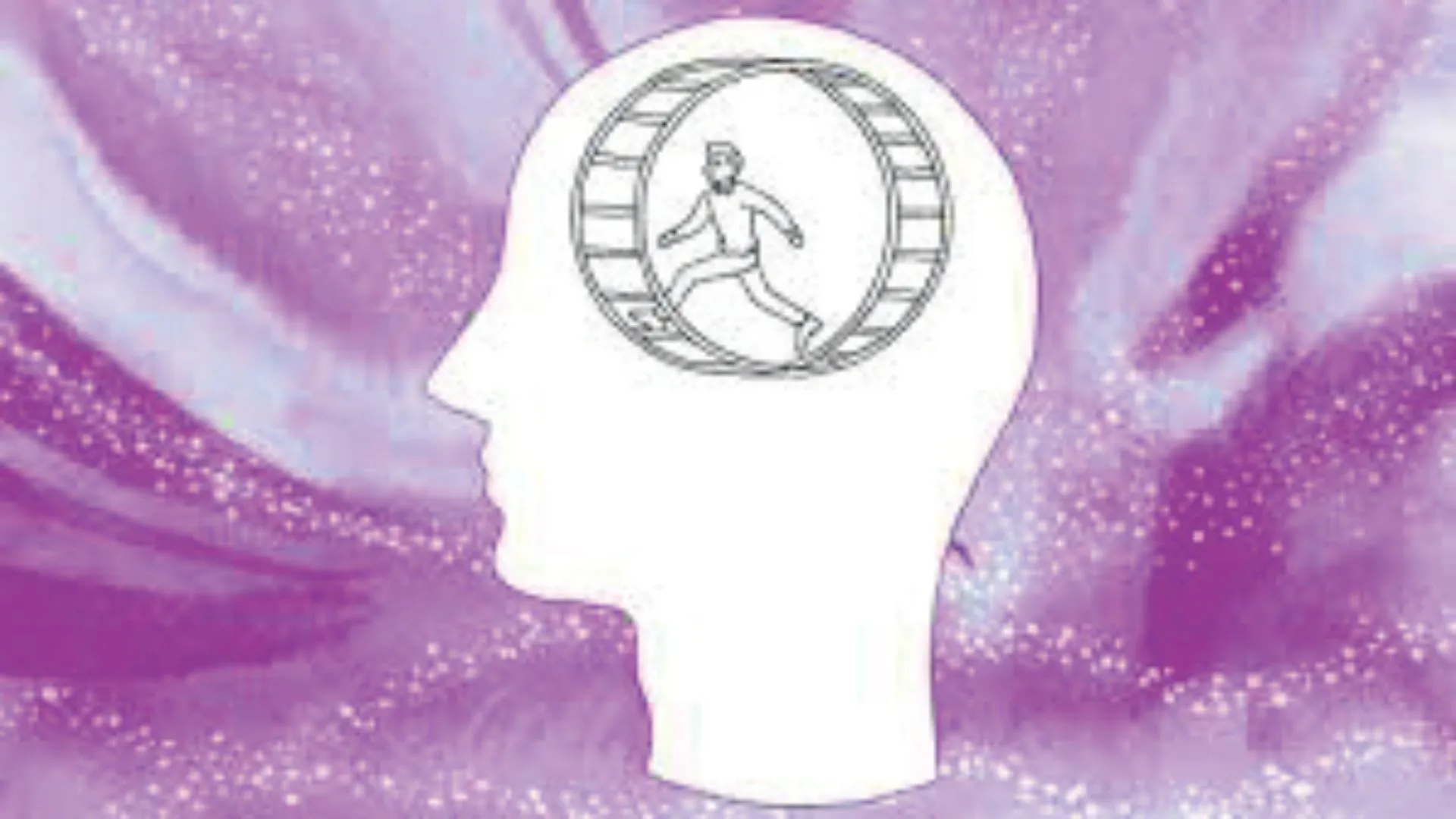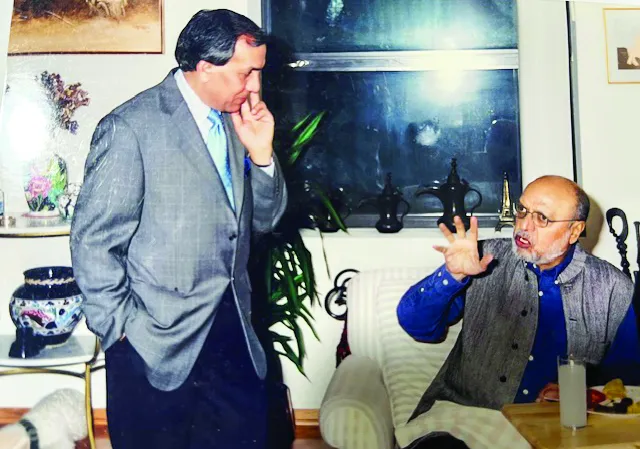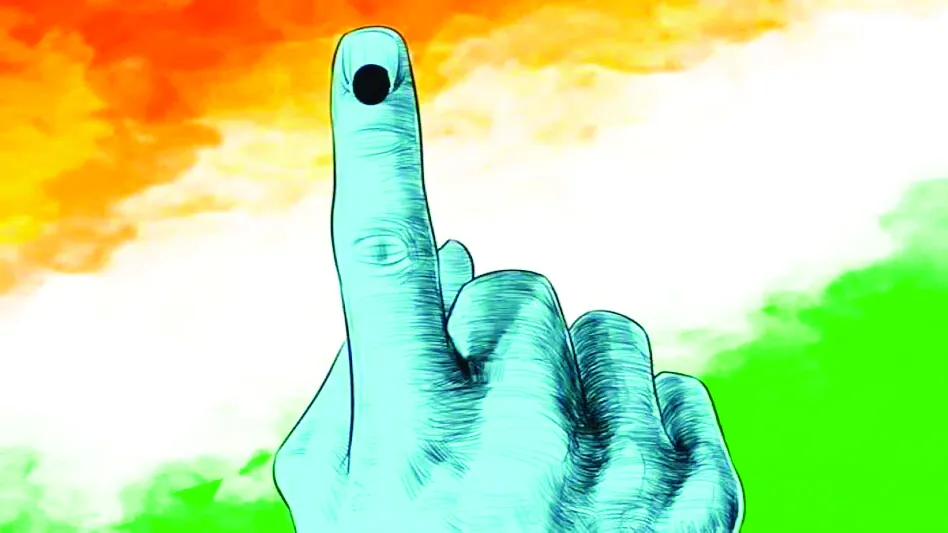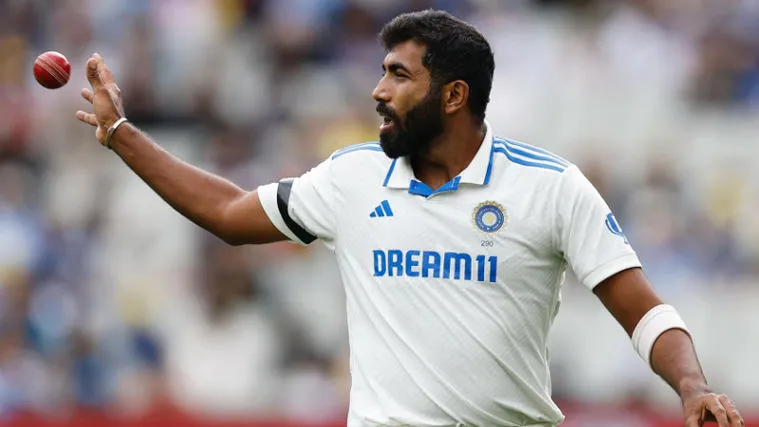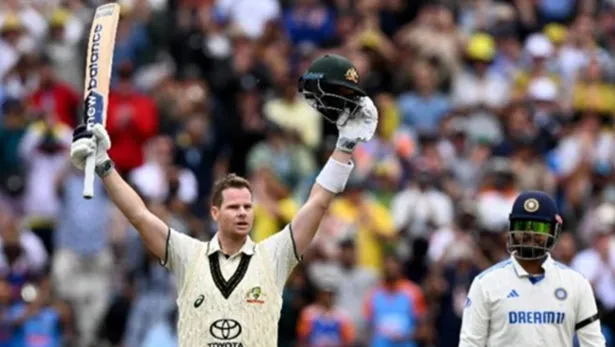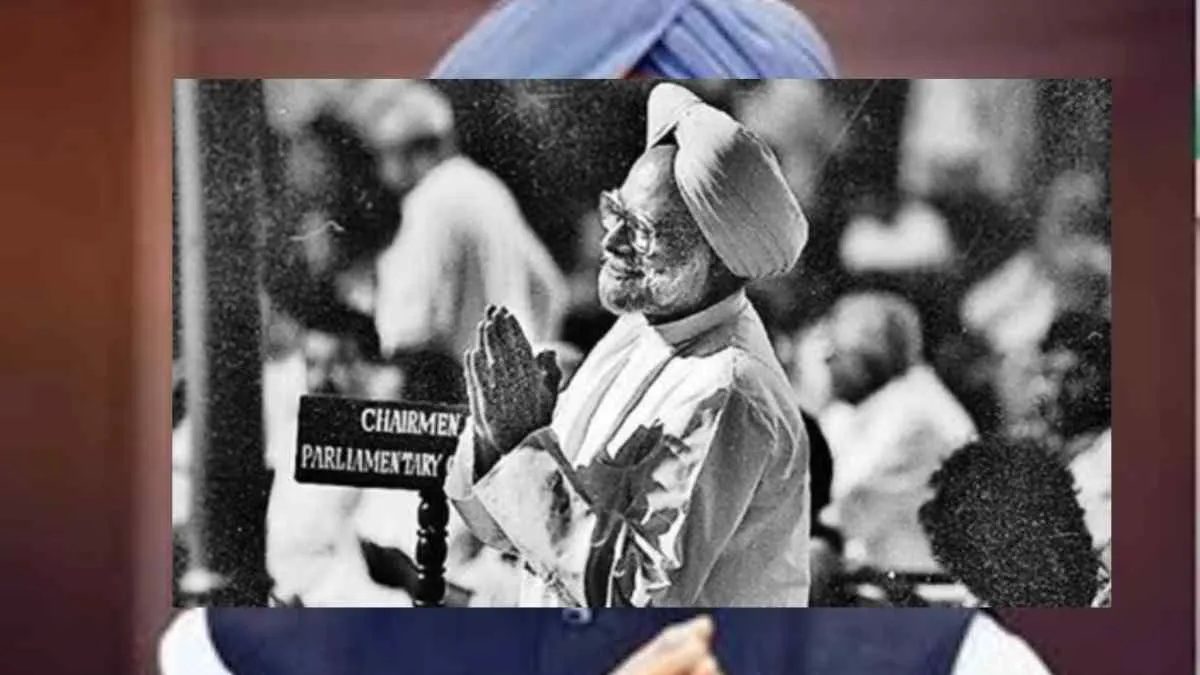‘Khela hobe ya khela khotom?” is the debate doing the rounds before the West Bengal election this time. Many silent observers say that Mamata Banerjee’s days are over (“khela khotom”) and that the new slogan coined by the Trinamool Congress (“khela hobe”) intends to enthuse supporters for a fight to finish if they want the system to continue. It is not a slogan inviting people for a healthy soccer match; it is an exhortation to use all means to win the election, by hook or by crook.
The “Khela hobe” slogan is interesting, catchy and an instant hit with the people since it uses a colloquial expression and a matching jingle to stir up emotions. However, it also intends to rob the election of the seriousness that it deserves. Many people have come out with their own version of the slogan and the whole state seems to be getting caught in a frenzy created by this jingle.
I spoke to many of my friends in Kolkata about what they think of the slogan. Most of them see it as a slogan that threatens the electorate and also rivals as it has an inherent tone of violence in it. “You outsiders have come to rob us and we will see you and teach you a lesson” is the sum and substance of the slogan.
Earlier, the Trinamool Congress came with the catchy slogan, “Bangla nijer meye ke chaye” (West Bengal wants its own daughter) where it pitched Banerjee as an insider and the BJP as an outsider. With the passage of time, this slogan was punctured by the counter put by the BJP that presented its vision of a “Sonar Bangla” and painted Didi as the villain. The current slogan is also likely to meet the same fate as the focus of the state would shift to a debate on development.
The bahari (outsider) issue that the “Khela hobe” slogan is trying to push forward is unlikely to touch an electoral chord because the Trinamool Congress does not consider infiltrators as outsiders but terms the BJP as outsiders. The contradiction is self-evident and ideologically unsustainable for a national party that has made its mark all across the country.
Bengalis are proud of their language and culture but they also know that they have been enriched by their interaction with others. Besides great revolutionaries, the state has also produced internationalist icons like Rabindranath Tagore, we spoke against “narrow domestic walls” and talked about the whole world as one family in line with the Hindu philosophy of Vasudhaiva Kutumbakam. Thus, in this land, the slogan of narrow parochialism is not going to cut much ice.
The khela of painting the BJP as an outsider won’t work since the party takes the character of the state it is working in. For example, in Tamil Nadu, the character of the party is Tamil, in Gujarat it is Gujarati, in Bihar it is Bhojpuri, in Assam it is Assamese, in Odisha it is Odia, and in Telangana and Andhra Pradesh it is Telugu and so on. This happens with every political party that aspires to have its footprint in multiple states. Therefore, this debate is not good for a party like the Trinamool Congress that has been trying to expand its political base in other states as well.
Does this khela refer to what Banerjee did by promising a bright future but not acting per the mandate? In that sense, the khela she is talking of is to cheat the people again by diverting attention from governance failures. In this khela she will try to present the BJP as the villain in order to make attempts to return to power and indulge in the khela of making money and continuing the agenda of further impoverishing the state.
Is it possible for her to do the khela of political violence during elections now that the state is under full control of the Election Commission? It seems unlikely since the whole world is watching the developments in the state. With complete command over the state’s law and order machinery, she has perpetrated her khela by showing that she would give preference to Muharram over Durga Puja and stop BJP leaders from landing in the state if she wanted. How will she carry out her khela now when the system is not in her hand and under watch?
She has indulged in unprecedented political violence and those who have had the guts to hold BJP flags have been tortured or killed. The syndicate run by the TMC has indulged in arson and loot through tolabaji (extortion and cut money). The khela for Trinamool means that the system of political patronage to violence would continue and her supporters should not worry. “Don’t worry, khela hobe” is the message being given to her workers.
If you play by the rules, the election time is to discuss issues and the party that is in power must give accounts of its performance rather than resorting to diversionary tactics. The BJP on the contrary is focusing on developmental issues that affect the future of the state, including the demographic change that is happening due to infiltrators from Bangladesh whom the Trinamool has been treating as voters. The fact that the NIA has found out terrorist links to West Bengal should be a warning to the state but Banerjee is turning a blind eye to it.
The BJP has come out with two themes to counter Trinamool’s attempt to hijack the debate. One of BJP’s slogans declares “Aar noy” (no more) to “anyaya” (injustice), to “tolbaji”, “tustikaran” (appeasement), “ghuspaith” (infiltration), “parivarvad” (nepotism), syndicate crime, violence and terrorism. This sums up how the BJP sees Banerjee’s reign and seeks people support to dethrone her.
On the positive side, the BJP’s campaign centres on the theme of how it seeks to translate the state into the Sonar Bangla (a prosperous Bengal) of Rabindranath Thakur. The party is going to every nook and corner of the state to understand how people see Sonar Bangla (‘Lokkho Sonar Bangla’). Based on the feedback received, the party would draft its manifesto that would include realistic promises for the state.
They are not in the “khela hobe” mood although some BJP leaders have come out with their own versions of the slogan to connect with the youth. However, opposition parties have entered the game. They have found an opportunity to participate in this khela of supporting Banerjee and her rants. At times it appears that they are seeking their own revival in politics through West Bengal. It appears that the corrupt have ganged up against Narendra Modi since they see the state as a silver lining in their hope of a national revival of anti-BJP, anti-Modi forces.
This side of the khela hobe mood was evident when an innocuous injury to Banerjee because of her carelessness was given the colour of a physical attack on her by her adversaries, even as it appeared as a farce to many. The irony was not lost when Banerjee tried to present her best drama to gain sympathy and got her injured leg plastered but got the plaster removed within a couple of days. It looks like her “khela hobe” action has already begun.

